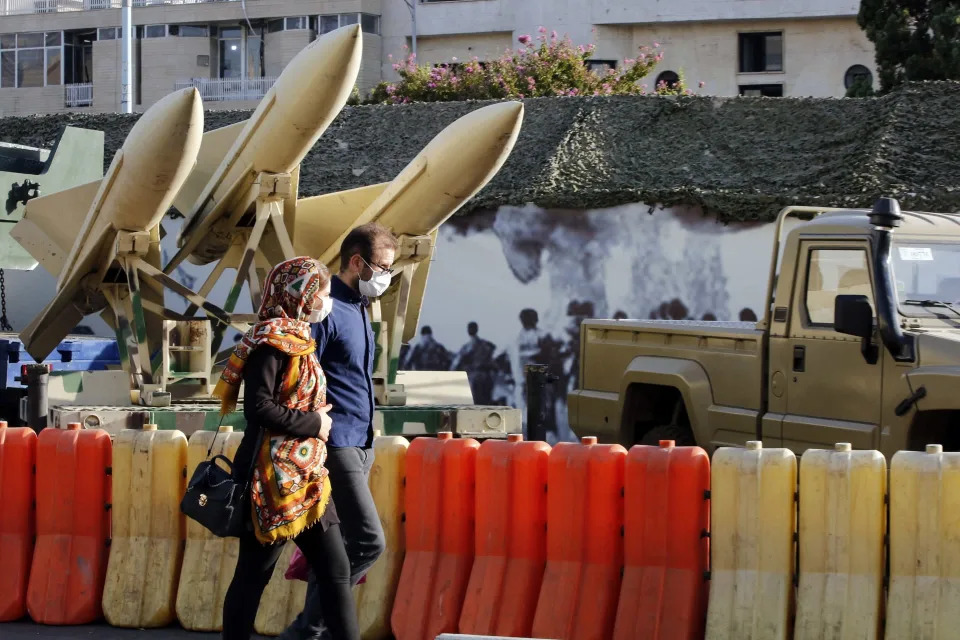The Israeli Prime Minister, Naftali Benet, assured this Tuesday that he has evidence that Iran stole documents from the International Atomic Energy Agency (IAEA) to cover up its uranium enrichment strategy.
“We have in our hands Iran’s deception plan a few years ago. It is here (…) in the Persian language, hundreds of pages marked with the seal of the Iranian Intelligence Ministry,” Benet said, assuring that Iran “stole classified documents” of the IAEA to find out what the atomic body hoped to find.
“Then he created cover-up stories and hid evidence of his nuclear tests,” Benet stressed, echoing a recent investigation by The Wall Street Journal according to which Iran obtained access to secret IAEA reports nearly two decades ago so that its top officials prepare cover-up stories.
Benet’s statements come after the release of an IAEA report stating that Iran has continued to enrich uranium to a level close to that needed to make atomic weapons.
According to this confidential report, to which Efe had access in Vienna, Iran’s enriched uranium reserves amount to 3,491.8 kilos, compared to the 300 kilos allowed by the nuclear agreement signed by Tehran with six great powers in 2015 and that the United States he dropped out three years later.
Iran, which justifies the production of uranium enriched up to 60% as material for medical purposes, rejected this report and assured that it will not share information to clarify the fissile traces found in three facilities not declared nuclear until the signing of the agreement with the great powers. global.
“The pressure of the Zionist regime has affected the IAEA, which has moved from a technical position to a political one,” Iranian Foreign Ministry spokesman Said Khatibzade told a news conference, calling the report “unfair.”
On Monday, the IAEA said its inspectors have not received “technically credible” information from Tehran about the origin of anthropogenic (human-produced) uranium particles.
“Iran is lying to the world again right now, and the world needs to make sure Iran doesn’t get away with this,” Benet stressed today.
The clash between Tehran and the IAEA comes with the negotiations to restore the nuclear agreement, paralyzed since mid-March.
The 2015 nuclear deal limited Iran’s atomic program in exchange for the lifting of sanctions, but in 2018 then-US President Donald Trump abandoned it and reimposed sanctions on Iran.

